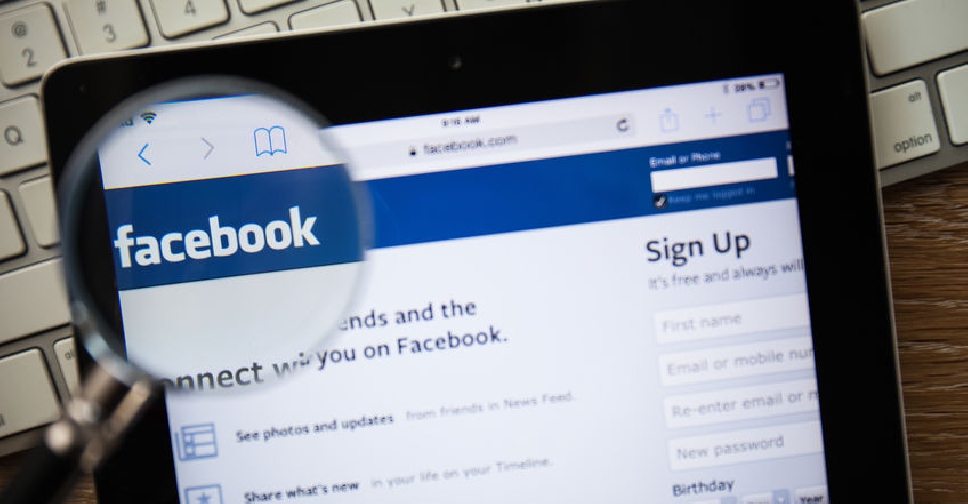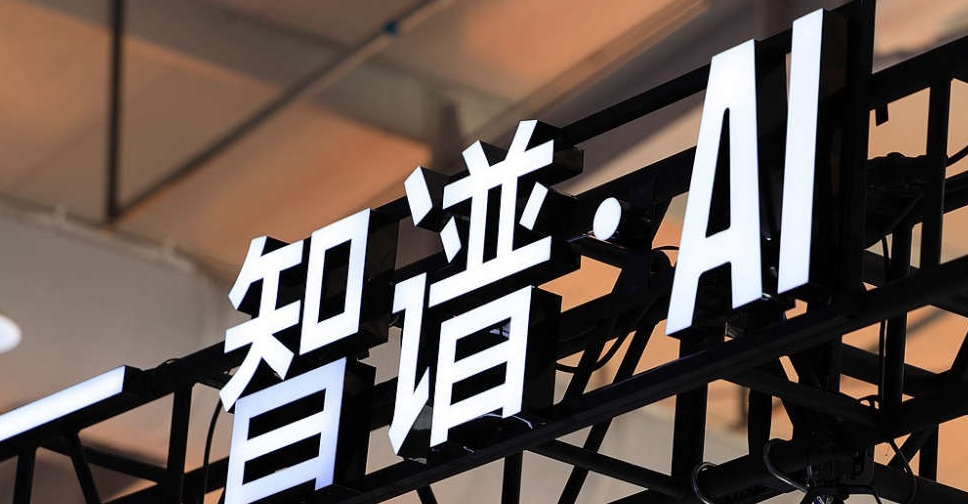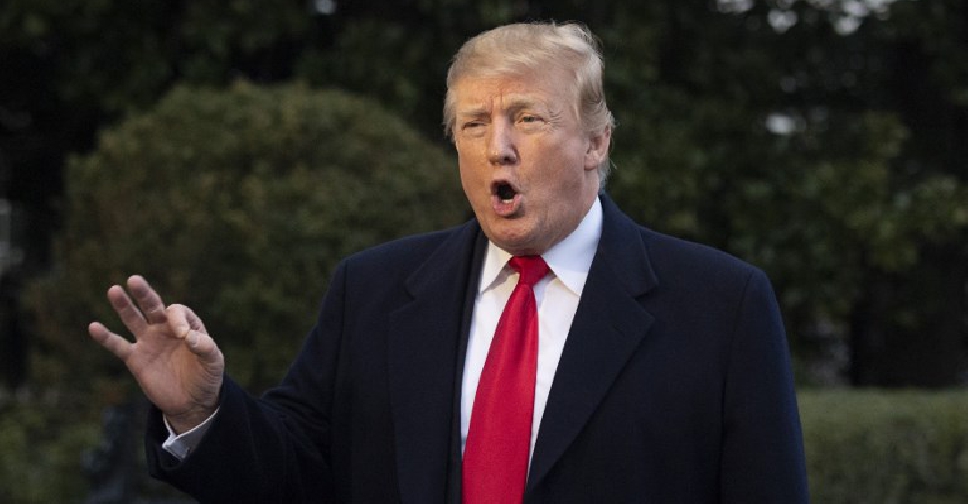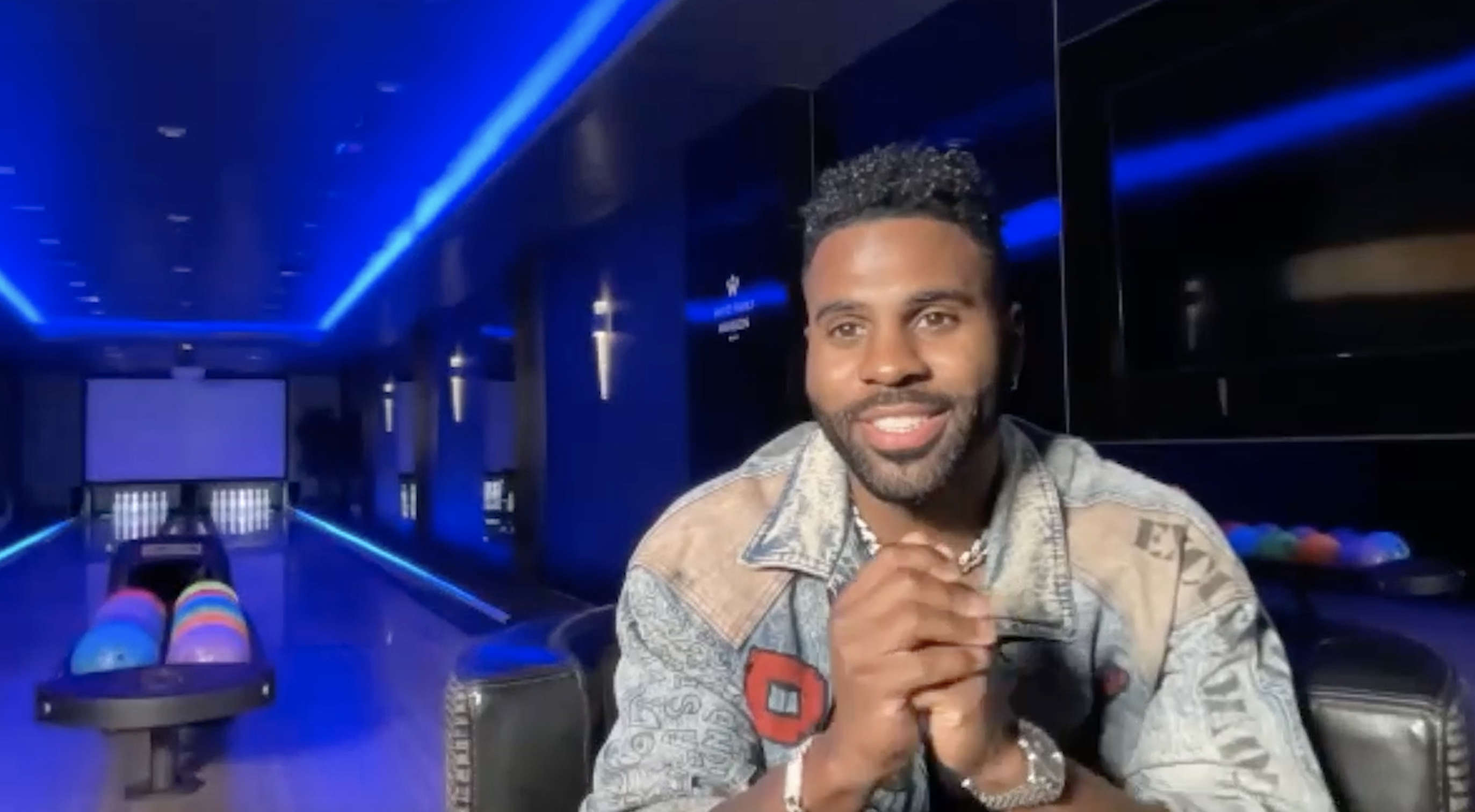
Facebook Inc could be forced to sell its prized assets WhatsApp and Instagram after the US Federal Trade Commission and nearly every US state filed lawsuits against the social media company.
With the filing of the twin lawsuits on Wednesday, Facebook becomes the second big tech company to face a major legal challenge this year after the US Justice Department sued Alphabet Inc's Google in October, accusing the $1 trillion company of using its market power to fend off rivals.
The lawsuits highlight the growing bipartisan consensus to hold Big Tech accountable for its business practices and mark a rare moment of agreement between the Trump administration and Democrats, some of whom have advocated breaking up both Google and Facebook.
The complaints on Wednesday accuse Facebook of buying up rivals, focusing specifically on its previous acquisitions of photo-sharing app Instagram for $1 billion in 2012 and messaging app WhatsApp for $19 billion in 2014.
Federal and state regulators said the acquisitions should be unwound - a move that is likely to set off a long legal challenge as the deals were cleared years earlier by the FTC.
"For nearly a decade, Facebook has used its dominance and monopoly power to crush smaller rivals, snuff out competition, all at the expense of everyday users," said New York Attorney General Letitia James on behalf of the coalition of 46 states, Washington, D.C. and Guam. Alabama, Georgia, South Carolina and South Dakota did not participate in the lawsuit.
James said the company acquired rivals before they could threaten the company's dominance.
Facebook's general counsel Jennifer Newstead called the lawsuits "revisionist history" and said antitrust laws do not exist to punish "successful companies." She said WhatsApp and Instagram have succeeded after Facebook invested billions of dollars in growing the apps.
"The government now wants a do-over, sending a chilling warning to American business that no sale is ever final," Newstead said.
Newstead also raised doubts about alleged harms caused by Facebook, arguing that consumers benefited from its decision to make WhatsApp free, and rivals like YouTube, Twitter and WeChat did "just fine" without access to its developer platform.
In a post on Facebook's internal discussion platform, Chief Executive Mark Zuckerberg told employees he did not anticipate "any impact on individual teams or roles" as a result of the lawsuits, which he said were "one step in a process which could take years to play out in its entirety."
Comments were turned off for Zuckerberg's post, as well as for other posts on the lawsuits shared by Newstead and Chief Privacy Officer for Product Michel Protti, according to copies viewed by Reuters. Newstead also warned employees not to post about the cases.
Facebook did not immediately respond to questions about the posts.




 Emirates confirms Brussels flight disruption
Emirates confirms Brussels flight disruption
 DEWA sees annual rise in commercial electricity connection requests
DEWA sees annual rise in commercial electricity connection requests
 China's Zhipu AI launches free AI agent, intensifying domestic tech race
China's Zhipu AI launches free AI agent, intensifying domestic tech race
 Trump 'couldn't care less' if car makers hike prices due to tariffs
Trump 'couldn't care less' if car makers hike prices due to tariffs




